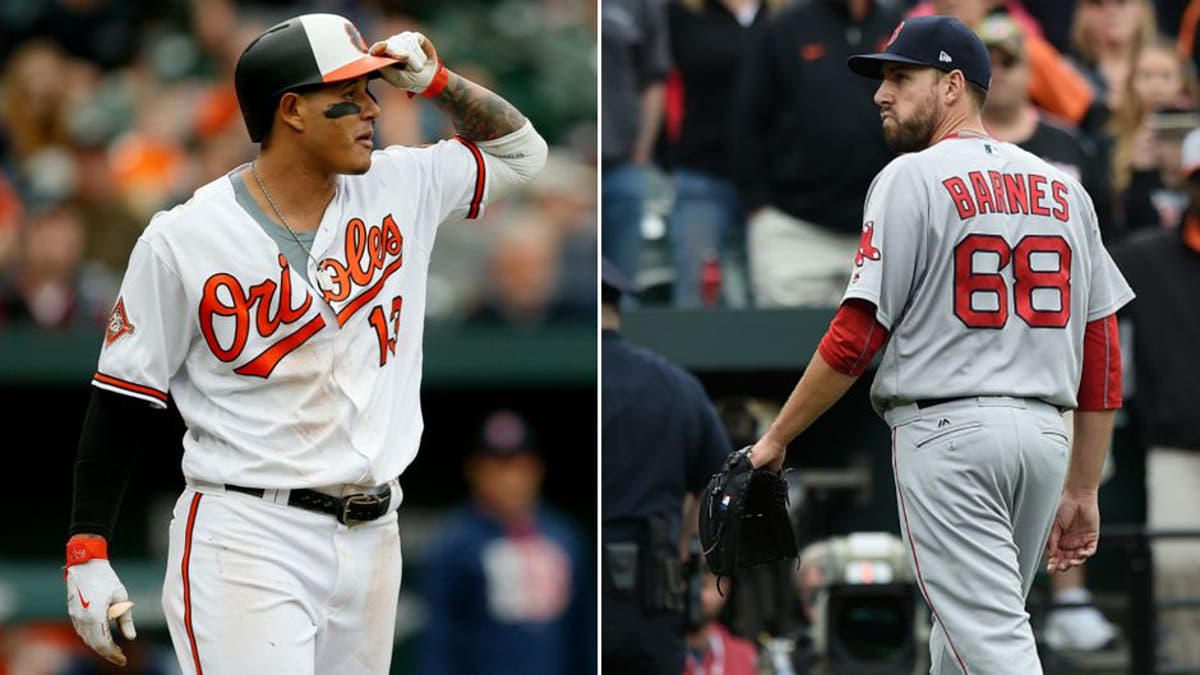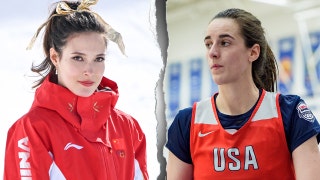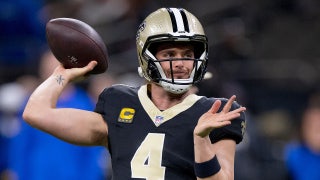
Here is the problem with baseball imposing harsher discipline for pitchers who throw at hitters heads:
The players do not want stronger penalties and the clubs are not inclined to press the issue, sources said.
So, while Red Sox right-hander Matt Barnes received only a four-game suspension after throwing at the head of the Orioles Manny Machado on Sunday, the punishment was in accordance with precedent and the disciplinary process that the players and clubs created.
If baseball tried to impose a suspension of say, 20 games on Barnes, the players union would have filed an immediate grievance and almost certainly won a significant reduction in the penalty due to the lack of precedent.
Unlike in off-field matters, which are resolved by an independent arbitrator, the person who hears appeals in cases involving on-field discipline is a representative of the commissioners office, executive vice-president of administration John McHale.
The union agreed to such a system with the understanding that baseball would adhere to precedent as well as pay players during suspensions for on-field misconduct, sources said.
Any change in precedent would have to be agreed upon by the parties in advance so that players would be on notice of the discipline that would be imposed for the act, an official from the players union said.
Under the current system, a 20-game penalty would require a team to play a man short for the duration of the punishment while continuing to pay the suspended player his salary an arrangement that would not be in the clubs best interest.
The union, meanwhile, is sensitive to excessive punishment for pitchers who might have acted at the behest of a management representative such as a coach or manager, and suspicious of anyone who claims to know intent.
Balls do get away from pitchers and banging a guy 20 games for that is pretty onerous until someone comes up with a way of reading the pitchers mind to determine intent, the union official said.
It is always a delicate proposition at best to make assumptions as to intent. As a result, the players being able to address it on the field still has value as those involved work through a particular on-field issue.
The players call it policing themselves, and the dispute between the Red Sox and Orioles grew ugly only because of the Soxs failure to react to Machados slide into second baseman Dustin Pedroia on Friday in the generally accepted manner.
The incident likely would have resolved with little additional tension if the Sox had thrown at Machado the next day and hit him in a meaty part of his body. Instead, the Sox waited two days to throw at the Orioles All-Star, and Barnes fired his pitch dangerously close to Machados head.
Television cameras captured Pedroia shouting across the field to Machado moments later, saying that if it were up to him, the Sox would have hit Machado the next day.
If youre going to protect guys, you do it right away, Pedroia told reporters later. He knows that. We both know that. Its definitely a mishandled situation.
Pedroia, who missed two games with knee and ankle soreness but would have played Tuesday if the Red Sox had not been rained out, added that he would expect retaliation if he put an opponent at physical risk -- even if, like Machado, he appeared to act unintentionally.
If I slid into third base and got Mannys knee, I know Im going to get drilled, Pedroia said. I get drilled, and I go to first base. Thats it.
The unwritten rules regarding retaliation seem antiquated to many, an unnecessary invitation to injury. But the current process, formal and informal, is not going away until the players and clubs want it to go away.
That day is not coming anytime soon.








































